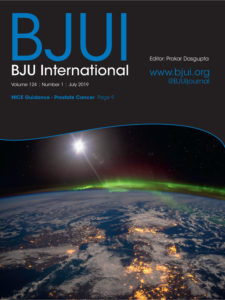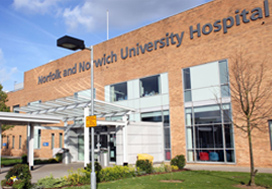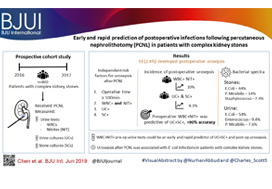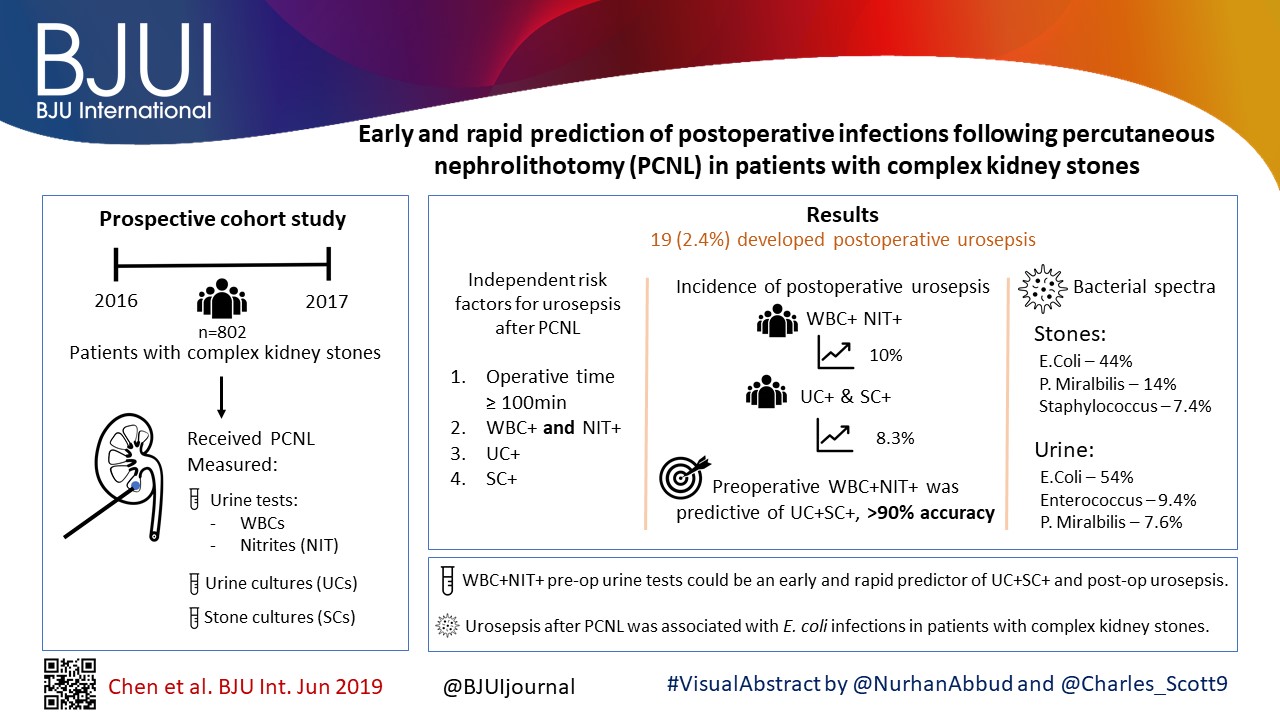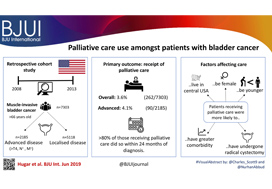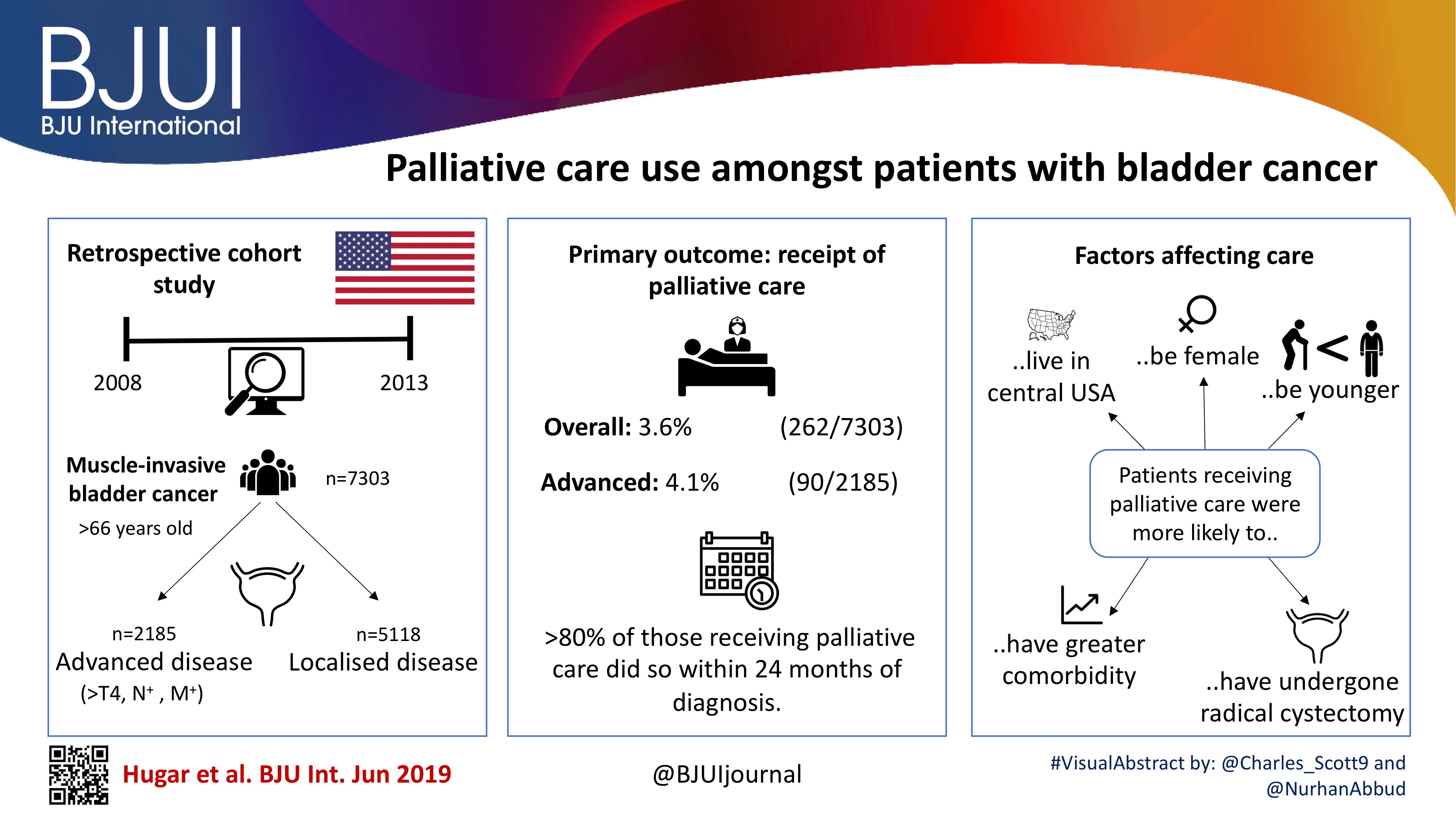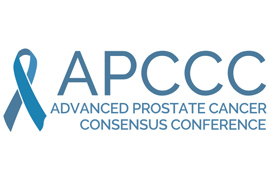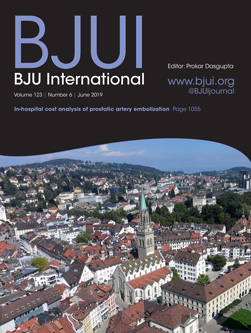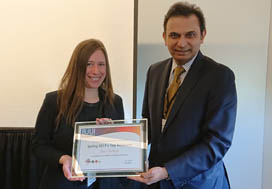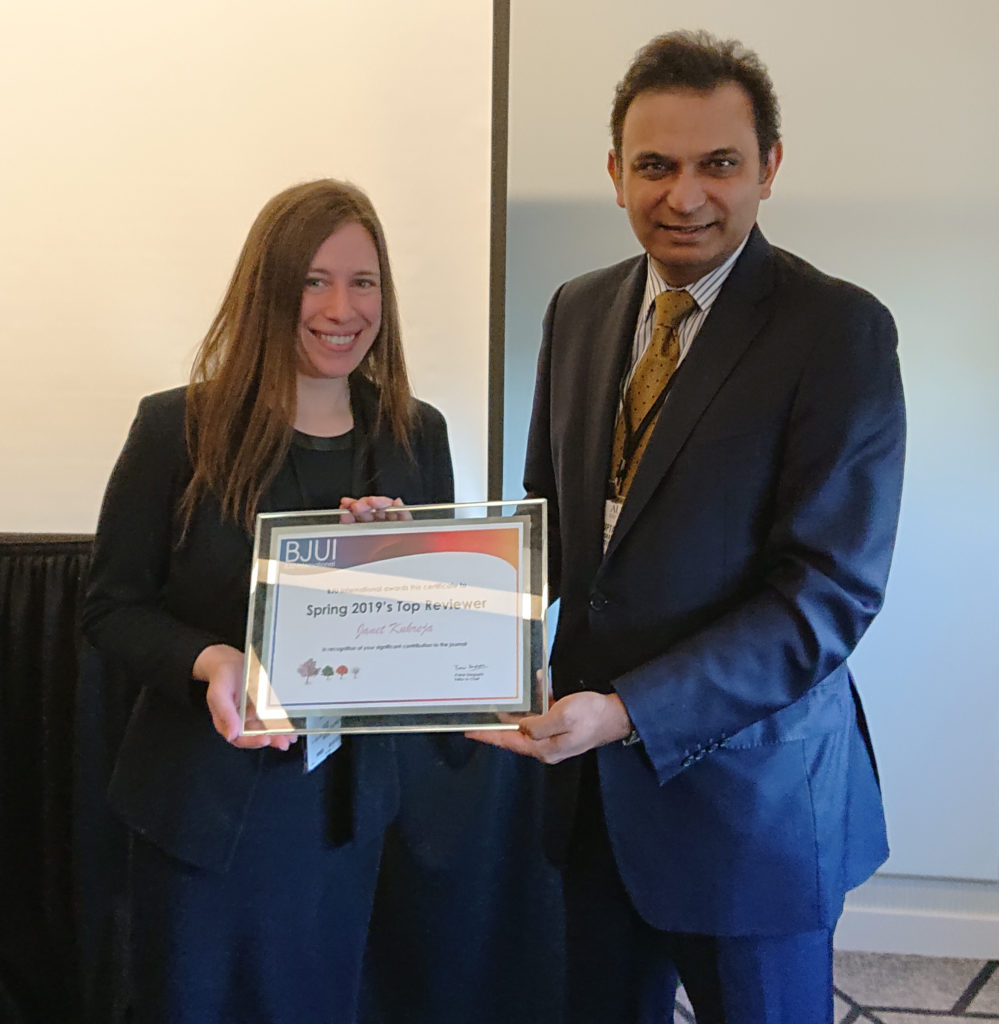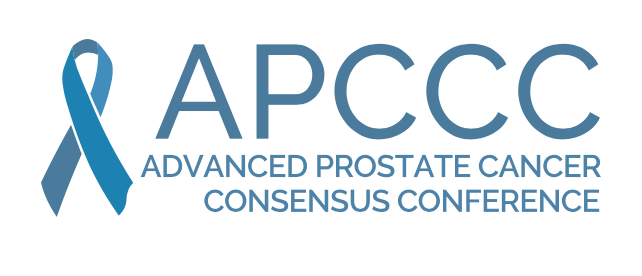
From the 29th to the 31st of August 2019 the next Advanced Prostate Cancer Consensus Conference #APCCC19 will take place in Basel, Switzerland. The consensus conference was inspired by the very successful and pioneering early breast cancer consensus conference that was started in 1978 in St Gallen.
APCCC was initiated in 2015 because of the rapid developments in the field of advanced prostate cancer with the aim to discuss the clinical management of men with advanced prostate cancer, with a special focus on situations with a lack of or only weak evidence from the literature or conflicting evidence. Prostate cancer is such a common disease that the majority of men across the globe are not treated in expert centers but rather in smaller hospitals or community-based practices. APCCC wants to help the process of knowledge translation by assembling a large group of international prostate cancer experts that hold highly educational lectures summarizing the available literature and evidence, and discussing controversial questions.
The recommendations from the previous two conferences in 2015 and 2017 have been published open access in renowned scientific journals and have been widely read:
APCCC 2015 report
APCCC 2017 report
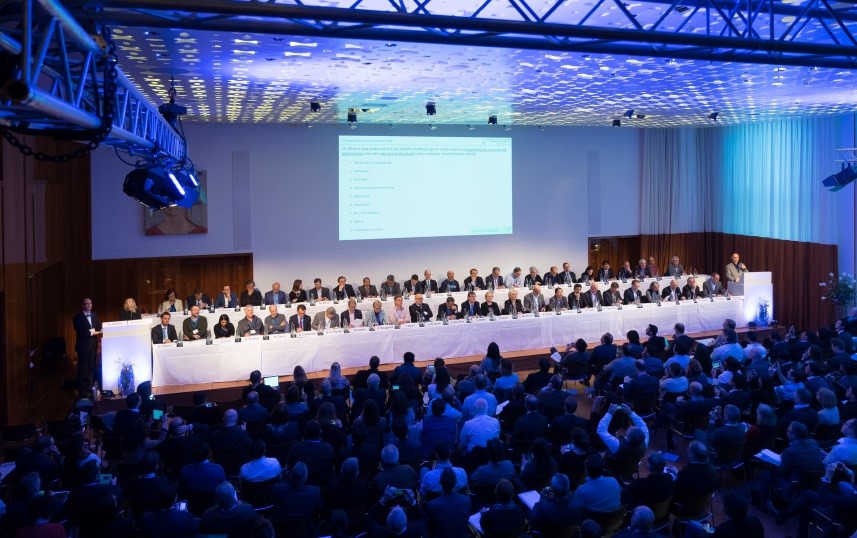
The expert panel in action at APCCC 2017
The following topics have been chosen for discussion at the 2019 conference:
- Locally advanced prostate cancer
- Biochemical recurrence of prostate cancer after local therapy
- Management of primary tumour in the metastatic situation
- Newly diagnosed metastatic prostate cancer, including oligometastatic prostate cancer
- Management of nmCRPC
- Management of mCRPC
- Bone and bone metastases
- Molecular characterization: tissue and blood
- Heterogeneity of men with prostate cancer (ethnicity, elderly)
- Side effects of hormonal treatments and their management
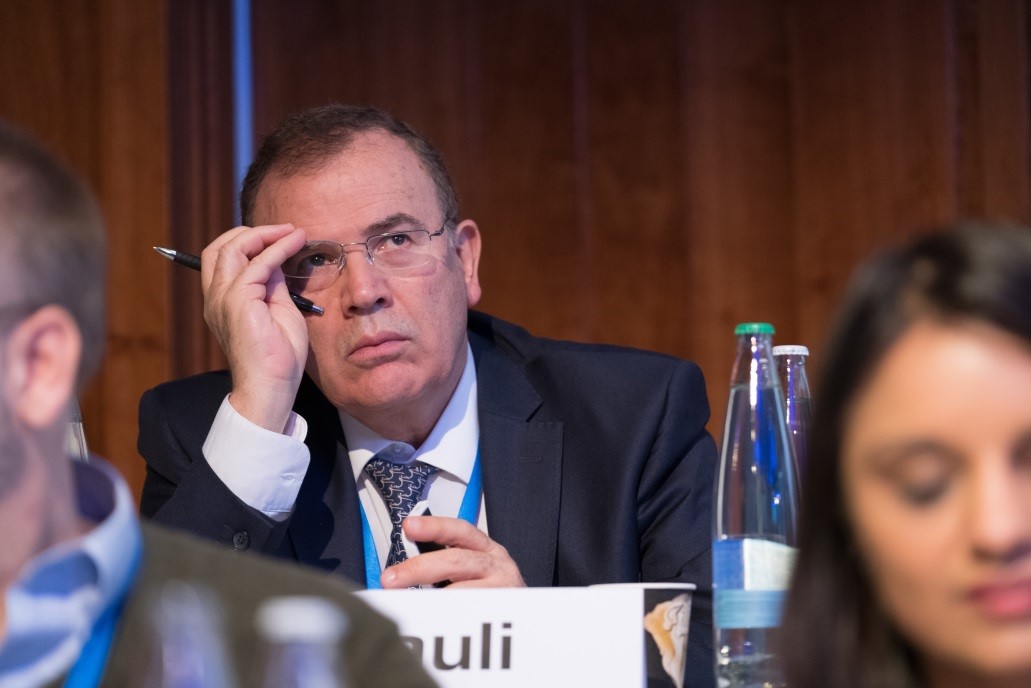
Difficult questions at APCCC17
Importantly all participants of APCCC can attend the consensus discussion and voting on Saturday morning. The questions and voting results will again form the basis for a report that will be published soon after the conference.
Why attend APCCC 2019?
The management of men with advanced prostate cancer keeps changing rapidly. Practice changing results have been recently presented and controversially discussed at ESMO (e.g. radiation therapy of the primary in the metastatic situation) and important new data will be presented at ASCO 2019 (e.g. results of standard-of-care therapy with or without enzalutamide or apalutamide for metastatic hormone-sensitive prostate cancer), making the choice of treatment in this situation even more challenging.
There are many reasons to attend APCCC 2019:
- A unique opportunity to focus on the important topic of advanced prostate cancer management for two and a half days and be updated on current standards and state of the art of the care of men with advanced prostate cancer
- Be involved in a global discussion on questions relevant to daily clinical practice but not investigated well

Expert interactions at APCCC17
- Help to translate the outcomes from clinical trials into the management of men with prostate cancer in daily practice especially for men treated outside of large prostate cancer centers.
- Be inspired and organize an APCCC satellite meeting for your country or region as has been done after the previous consensus conferences, with manuscripts published here in the BJUI.
- Chiong et al. The Asia-Pacific Satellite of the APCCC BJUI 2019
- Ma WK et al. Consensus statements on the management of clinically localized prostate cancer from the Hong Kong Urological Association and the Hong Kong Society of Uro-Oncology BJU Int. 2019
- Omlin A, Gillessen S. The Advanced Prostate Cancer Consensus on a regional level – what can we learn? BJU Int. 2019
- And of course, enjoy a few wonderful summer days in the beautiful city of Basel!!!
Further information and links
APCCC 2019
Preview of APCCC 2019: Silke Gillessen, in conversation with Alicia Morgans, discusses many of the changes we have experienced in clinical practice since the last APCCC in 2017
APCCC on the THE “NEW” PROSTATE CANCER INFOLINK
by Dr Aurelius Omlin
Twitter: @apccc19
